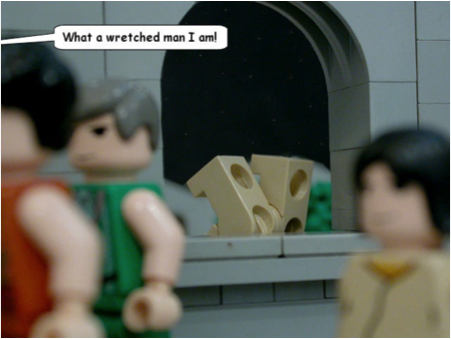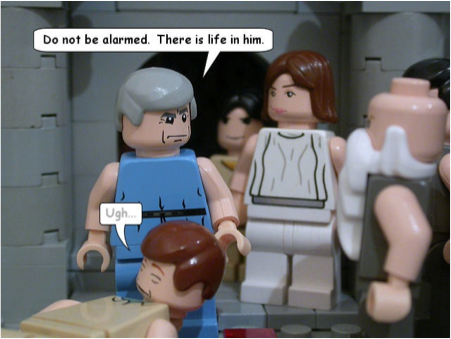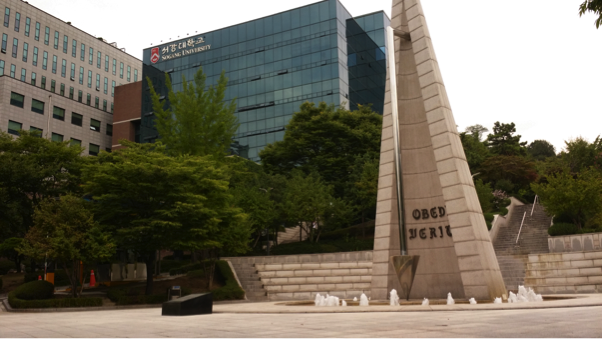
Three Final Stories from the Front (of the Classroom)
For our final post, we each cover an overarching reflection or two from the 2014-15 academic year. Look for fresh content from the Wabash Center in the fall. In the meantime, feel free to visit our ongoing blog Race Matters in the Classroom or browse our Wabash Center YouTube channel.
Kate Blanchard
One thing I’ve learned from this year of reflections is how readily I dwell in the negative. My  generous co-authors have called my posts “raw” and “honest,” but I’m afraid what that really means is that I’ve been the George Costanza of this blog, always saying what is generally better left unsaid!
generous co-authors have called my posts “raw” and “honest,” but I’m afraid what that really means is that I’ve been the George Costanza of this blog, always saying what is generally better left unsaid!
I realize that I did not invent professorial whining; it is a cultural habit that is highly contagious, and every time I join in I embed it further. My advice to those of you who also tend toward negativity is to attach yourselves to some really great colleagues who will help redeem it. In always asking what the take-away was, Roger and Eric encouraged me to move through the negative into something constructive that I could use.
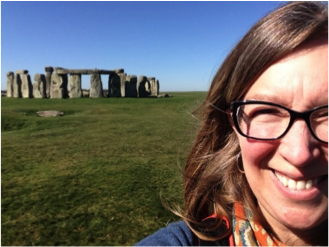 On the positive side, perhaps the most encouraging thing I learned this year is that I still like teaching. I like talking with students and thinking about how to foster their learning. They are people, after all, and people tend to be interesting if you’re paying attention. To be in a position to encourage them is an almost incomprehensible privilege that I don’t wish to squander. I’m grateful to Wabash for that reminder.
On the positive side, perhaps the most encouraging thing I learned this year is that I still like teaching. I like talking with students and thinking about how to foster their learning. They are people, after all, and people tend to be interesting if you’re paying attention. To be in a position to encourage them is an almost incomprehensible privilege that I don’t wish to squander. I’m grateful to Wabash for that reminder.
Eric D. Barreto
I always wondered how my professors could wax eloquent or at least talk for hours without much help. How could she answer our questions effortlessly? How could she lecture only with a handful of notes?
I have to admit that in my sixth year of full-time teaching, I don’t wonder this so much anymore. If anything, I’ve discovered a well of words that can bore any audience! I sometimes feel like Paul in 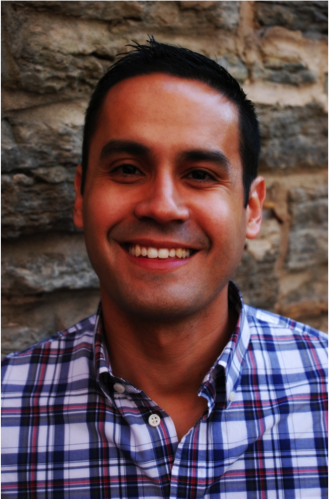 Acts 20:7-12. Unfortunately, that might make my students more like Eutychus than I care to admit.
Acts 20:7-12. Unfortunately, that might make my students more like Eutychus than I care to admit.
But in that ability to speak about the things I care most about, I’ve discovered anew this year an important part of my vocation as teacher. My best teachers lived at a critical intersection of expertise and humility, deep knowledge and an insatiable appetite to learn, a drive to teach one’s students but also learn from them. Teaching requires dwelling in these tensions.
And perhaps the clearest but simultaneously most important tension in teaching is this: we are experts in our fields, but the same drive that sustained us through coursework, exams, a dissertation, hiring, tenure, promotion, and on and on also makes us wonder if we are adequate to the task. We are thoughtful people but that same thoughtfulness can be paralyzing.
In the end, I wonder if the most important lesson I take forward is that teaching is an act of courage but an act of courage precisely because we have to teach with humility, knowing full well that there is always much more to learn.
Roger S. Nam
In looking back at the 2014-15 academic year, I made ten overgeneralized observations about Korean graduate theology students:
1. Korean theology students rarely challenge professors in the classroom.
2. They would not dare address us by our first names or the even more informal, “Hey!”
3. Some (not all) have insanely diligent work ethics.
4. Rote memorization is easy for them.
5. Their English reading skills are much better than their English conversation skills.
6. They take notes so furiously that you’d think I was lecturing on the secret to cold fusion.
7. They like reading Western theologies and applying them to the Korean church with mixed results.
8. They are not comfortable with flipped learning as it diverts the locus of authority away from the professor (see 1).
9. They accept practices like attendance checks and pop quizzes.
10. During class, they may fall asleep or text incessantly. Sound familiar?
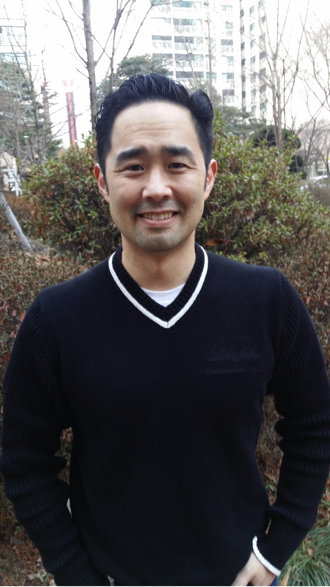 The main takeaway? I am reminded of the importance of context in our classrooms. Korean students have vastly different skills, assumptions, values, obligations and learning goals, and I needed to adjust my pedagogical approaches accordingly. This is no easy job, even for me as an ethnic Korean!
The main takeaway? I am reminded of the importance of context in our classrooms. Korean students have vastly different skills, assumptions, values, obligations and learning goals, and I needed to adjust my pedagogical approaches accordingly. This is no easy job, even for me as an ethnic Korean!
With the changing demographics of religious and theological education, professors have a herculean task in creating an inclusive classroom environment. But I’m deeply encouraged by colleagues like Kate, Eric and others from Wabash Nation who continue to inspire me with their own stories from the front of the classroom.
